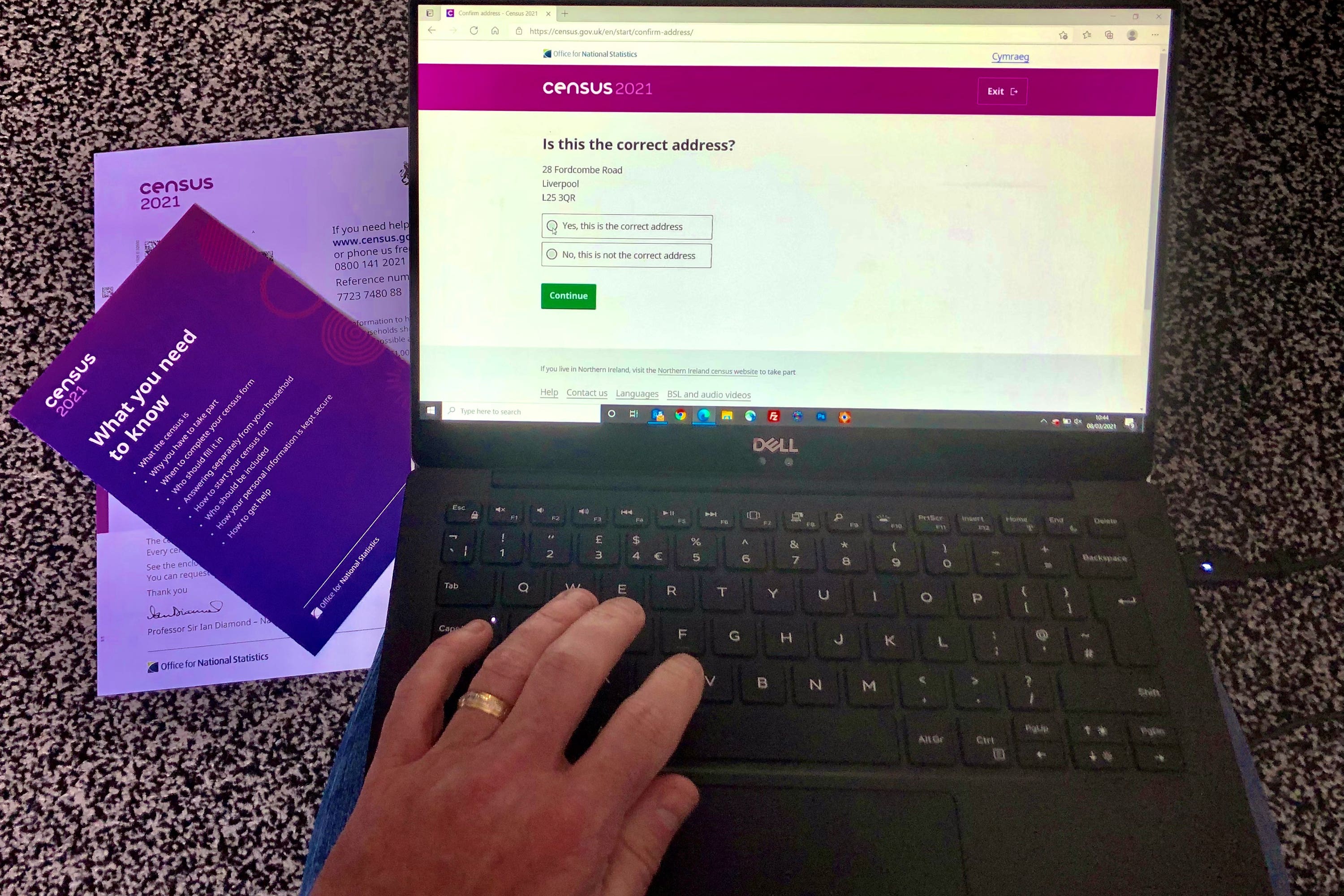Romanian third most common main language in England and Wales, Census reveals
There has also been a rise in the number of people who chose only a Romanian national identity, the ONS data shows.

Romanian has become the third most common main language in England and Wales, amid a rise in the number of people who describe their national identity as Romanian, figures show.
After English, the most popular main languages in 2021 were Polish (1.1% of the population), Romanian (0.8%), Panjabi (0.5%) and Urdu (0.5%), according to census data from the Office for National Statistics (ONS).
Romanian moved into the top 10 main languages for the first time and saw the largest increase over the decade – from 68,000 people (0.1%) to 472,000 people (0.8%).
This mirrors a rise in the number of residents who listed Romania as their country of birth, and in those who chose only a Romanian national identity, the ONS said.
Some 91.1% of residents – 52.6 million – had English (or English or Welsh in Wales) as a main language on the day of the 2021 census, down slightly from 92.3% a decade earlier.
The 2021 census also included a question on national identity, which found that (90.3%) of usual residents identified with at least one UK national identity – English, Welsh, Scottish, Northern Irish, British or Cornish.
Almost one in 10 people (9.7% – 5.8 million people) identified with a non-UK identity only, the figures show.
Among this group, the most common response was those describing their national identity as Polish (1% – 593,000), followed by Romanian (0.8% – 477,000).
The latter represents a rise of more than six-fold from 73,000 (0.1%) in 2011, and is the largest increase for any non-UK national identity.
Separate census data released at the start of November revealed that the number of people living in England and Wales who were born outside the UK has risen to 10 million, driven by an increase in Romanians.
The number of residents born in Romania rose more than six-fold between 2011 and 2021, from 80,000 to 539,000.
The number of usual residents of England and Wales born outside the UK rose by 2.5 million over the same period.
In the latest data release, 7.1% of people were proficient in English (or English or Welsh in Wales) in 2021, speaking it “well” or “very well”, but did not speak it as their main language.
Some 1.5% (880,000) could not speak it well, or at all (0.3% – 161,000).
Bookmark popover
Removed from bookmarks